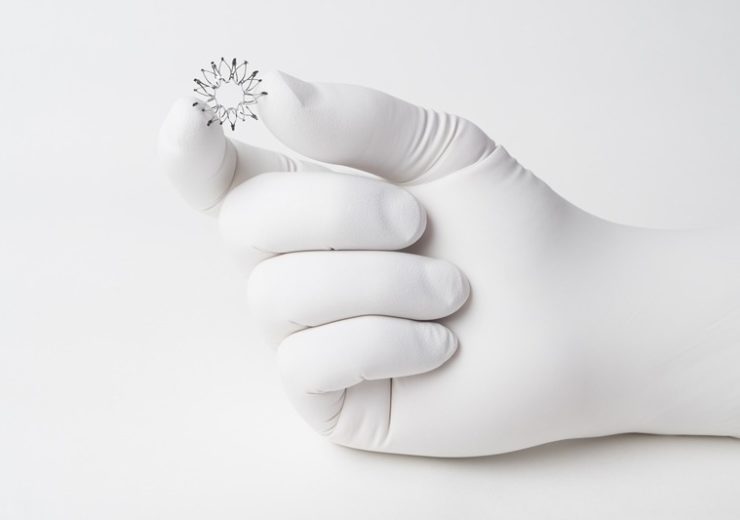IASD is a transcatheter device designed to improve heart failure symptoms and decrease hospitalisation rates by offering continuous and dynamic decompression of the left atrium

Image: The clinical trial is designed to evaluate the clinical efficacy of Corvia’s IASD in patients with heart failure. Photo: Courtesy of Business Wire.
US-based structural heart devices manufacturer Corvia Medical in collaboration with physIQ, is conducting a new heart failure (HF) device trial.
The trial is designed to evaluate the clinical efficacy of Corvia’s InterAtrial Shunt Device (IASD),, leveraging physIQ’s continuous remote monitoring platform.
IASD is a transcatheter device designed to improve heart failure symptoms and decrease hospitalisation rates by offering continuous and dynamic decompression of the left atrium, and was approved in the EU to treat heart failure with preserved (HFpEF) or mid-range ejection fraction (HFmrEF).
The medical device firm said that the clinical trial collects and analyses biosensor data using continuous remote monitoring platform, and measures traditional heart failure endpoints.
Corvia chief medical officer Jan Komtebedde said: “Heart Failure is a major global health problem and HF with preserved and mid-range ejection fraction remains a large unmet need.
“At Corvia Medical, we are evaluating a first-in-class approach to treating heart failure and, as such, see a powerful opportunity to include digital data to support IASD efficacy. It’s in this innovative spirit that we chose to partner with physIQ and bring novel real-world insights into how to assess therapeutic impact.”
Corvia is enrolling patients in heart failure device trial of IASD
The clinical trial is a randomised controlled double blinded study, designed to evaluate the clinical efficacy of its IASD in patients with heart failure and is enrolling patients at more than 100 centres across the world.
Under the clinical trial, enrolled patients are provided with a wearable biosensor and mobile data transfer hub, enabling each patient to wear the biosensor before the randomisation, for a personalised pre-intervention baseline and for up to 12 months after the device implant.
The continuous streaming of data from biosensor to the cloud enables retrospective analysis using Artificial Intelligence-based analytics provided by physIQ.
The study is aimed at demonstrating meaningful change in cardiopulmonary function and support novel clinical endpoints, leveraging real-world data and personalised analytics.
physIQ chief technology officer Matt Pipke said: “Think about a race car. The driver is continuously getting actionable performance information throughout the race and using that insight to direct how to optimize the performance of the vehicle. However, if you applied the traditional model of healthcare to that scenario, the driver would only get information when periodically pulled over for a pit stop.
“It’s easy to see how that would fail; why do we accept it in healthcare? With our solution, we are developing biomarkers with life science companies that allow them to quantify clinical impact on a continuous basis – and this insight can be applied in a clinical context to support regulatory submissions or to demonstrate real world evidence to payers and providers.”
The company is planning to complete the enrolment of patients in 2020 and generate more than 2 million hours of continuous, annotated, clinical-level physiological data upon conclusion.
